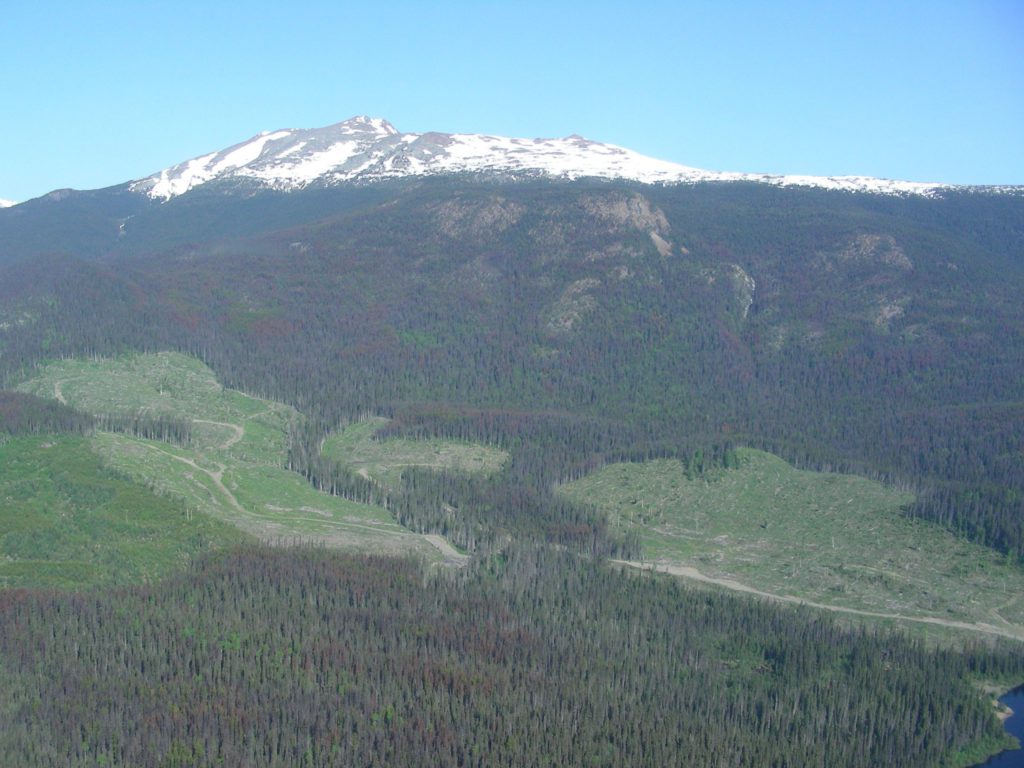FPX Nickel creates new subsidiary focused on carbon capture and storage


FPX Nickel (TSXV: FPX; OTC: FPOCF) is establishing a new subsidiary company, CO2 Lock Corp., that will pursue opportunities in large-scale, low-cost and permanent carbon capture and storage (CCS). CO2 Lock has raised $1.7 million in a seed round financing, leaving FPX Nickel with an approximately 76% ownership interest (fully diluted) in the subsidiary.
CO2 Lock is expected to operate as a standalone entity from FPX, and will establish ownership interests in prospective mineral tenures, license or advance projects to commercial production, and develop intellectual property associated with the operation of carbon sequestration sites worldwide.
FPX will retain 100% of the carbon credits associated with CCS on its own properties, and will retain a right to use any intellectual property developed by CO2 Lock for FPX's own properties.
CO2 Lock will develop carbon sequestration operations in geological settings worldwide with similarities to FPX's Decar nickel district, building on five years of research conducted with partners, including the University of British Columbia and Natural Resources Canada.
"Since 2016, FPX has played a leading role in applying fundamental science to evaluate the potential for large-scale permanent CCS in brucite-rich serpentinized peridotites, and we expect the launch of CO2 Lock to greatly accelerate those efforts going forward," Martin Turenne, FPX's president and CEO, said.
Since 2016, FPX has led research on technologies that maximize the reaction between carbon dioxide and brucite (a highly CO2-reactive mineral form of magnesium hydroxide) present in the host rock at the Decar nickel district, as well as at its secondary properties in British Columbia and the Yukon.
In a natural process called carbon mineralization, carbon dioxide reacts with brucite, and to a much less extent with serpentine minerals, in the tailings and waste rock, binding the carbon in a benign, solid magnesium carbonate which is stable on a geological time scale. Previous tests conducted by UBC researchers have confirmed the ability of FPX's tailings material to mineralize carbon dioxide, both when exposed to air and to a point source of concentrated carbon dioxide gas.
The Decar nickel district covers 245 sq. km of the Mount Sidney Williams ultramafic-ophiolite complex, located 90 km northwest of Fort St. James in central B.C. It hosts a greenfield discovery of nickel mineralization in the form of a naturally occurring nickel-iron alloy called awaruite (Ni3Fe), which is amenable to bulk tonnage, open pit mining.
To date, awaruite mineralization has been identified in four target areas within the complex, namely the Baptiste deposit and the B, Sid and Van targets; Baptiste has been the focus of drilling since 2010, while the B and Sid targets have been drill tested. Initial drilling recently began at Van, returning results comparable with those at Baptiste.
More details are posted on www.FPXNickel.com.
Comments